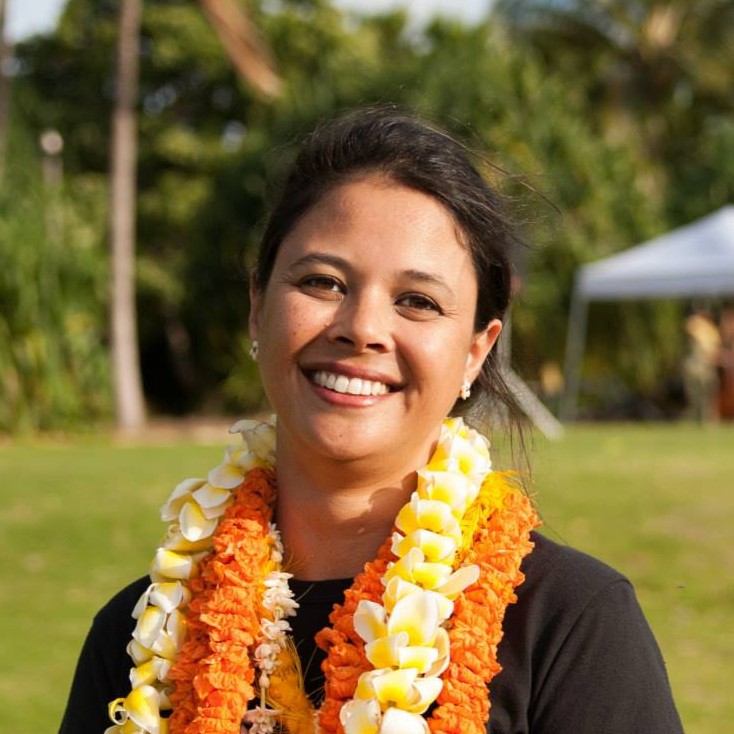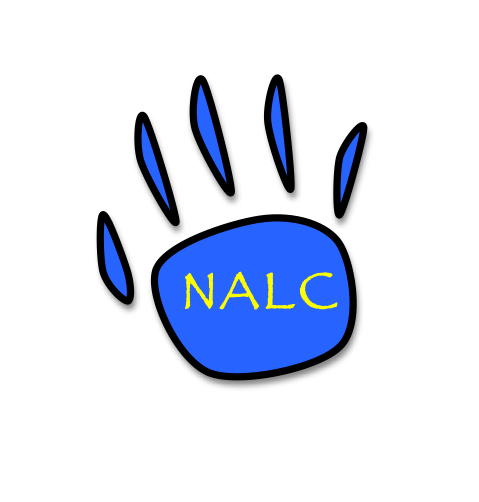
Nurturing Roots: An ʻĀina-Based Approach to Youth Empowerment through Native Hawaiian Cultural Practices at Ulu Aʻe Learning Center
Ulu Aʻe Learning Center is rooted in the belief that cultural identity, ʻāina (land) connection, and ʻōlelo Hawaiʻi (Hawaiian language) are essential pillars in the development of empowered, engaged youth. In this presentation, we will share how our ʻāina-based programming fosters knowledge, skills, and civic engagement in children and youth in West Oʻahu. Our out-of-school programs are designed to honor and activate what makes each haumāna (student) unique, grounding them in Hawaiian cultural practices and values. Through intentional use of Hawaiian language and hands-on experiences in our kaiāulu (communities) and wahi pana (storied places), we create learning spaces that cultivate pilina (connections), kuleana (responsibilities), and aloha ʻāina (stewardship). Participants will gain insight into our program model, the pedagogy that informs our work, and stories of transformation that highlight how culturally grounded, community-rooted education can inspire lifelong learners and leaders.
Bio
Born in Nānākuli and raised in Kailua on the island of O‘ahu, Miki‘ala Lidstone finds her strength in sense of place. Today she lives in Kapolei not far from where she was born in Nānākuli. In 2014, Lidstone founded the Ulu Aʻe Learning Center whose mission is to empower and enrich lives through culture and place-based programs that develop skills, build confidence and promote healthy relationships based on Hawaiian customs and values. The seeds of Ulu Aʻe were first planted in 2004 by parents and community organizations that urged Lidstone to expand the place and culture-based educational programs she conducted as a teacher at Kapolei High School and as a kumu hula with Hālau ʻo Kaululauaʻe. As a result, Lidstone expanded her reach and capacity to deliver programs and curriculum to residents living in the ahupuaʻa of Honouliuli and today throughout the greater area of the West O‘ahu. She is committed to place-based education and believes that all keiki and youth should have endless opportunities to grow their relationship to ‘āina (land).
